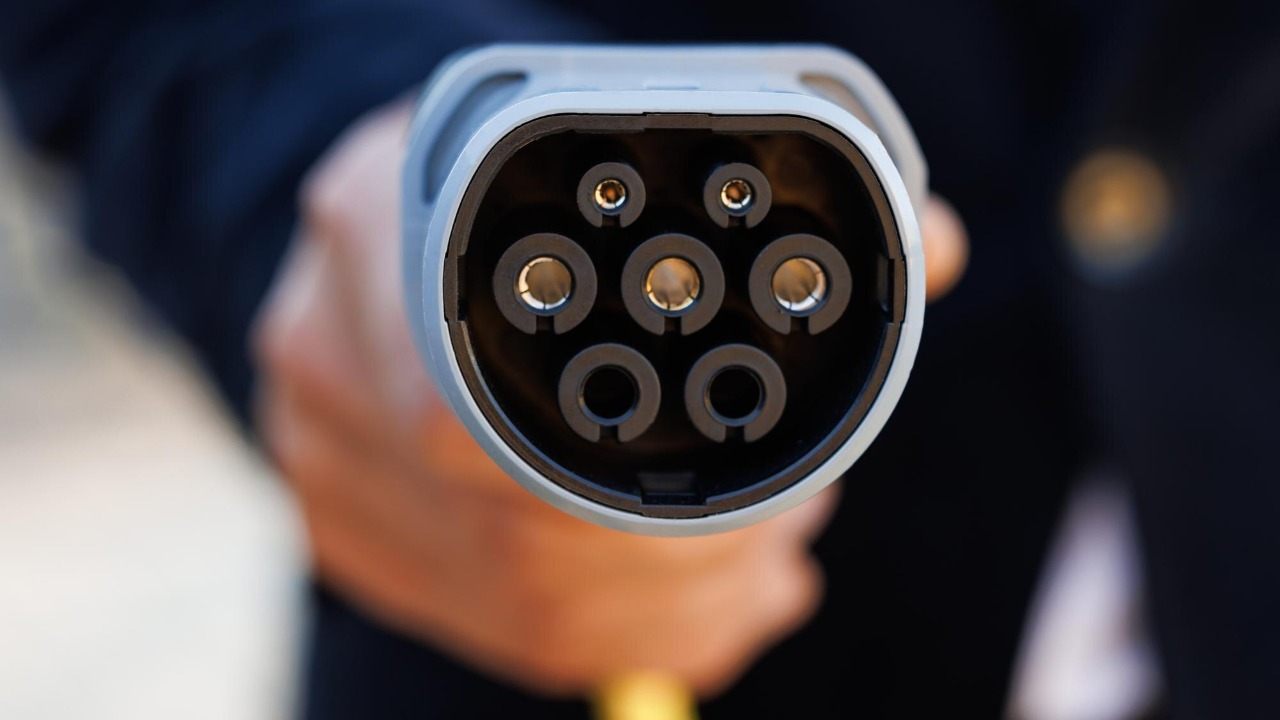
The electric vehicle (EV) market is evolving rapidly, with new models challenging Tesla’s long-held dominance in charging speed. As more manufacturers develop faster charging technologies, several EVs are now surpassing Tesla in charging efficiency. This exploration highlights the top contenders that are outpacing Tesla in the race for the fastest charge.
Unpacking the Latest Charging Technologies
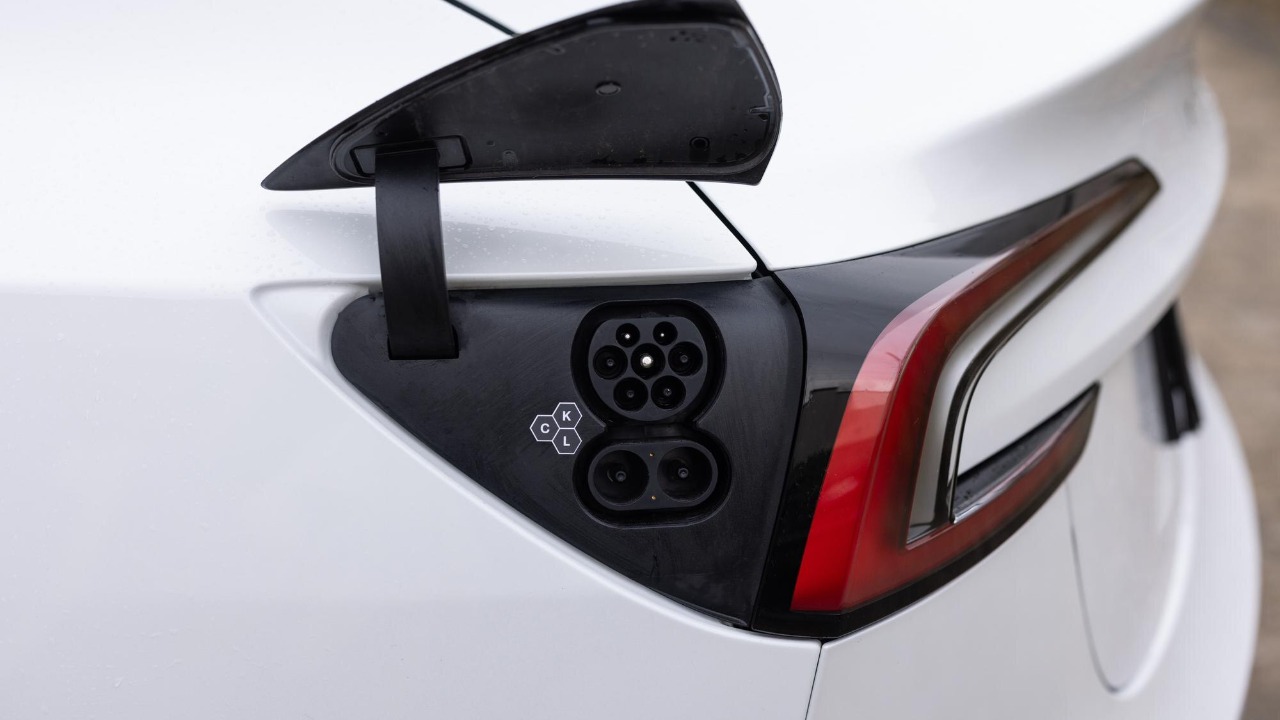
The landscape of EV charging is defined by several standards, each impacting charging times differently. The North American Charging Standard (NACS), Combined Charging System (CCS), and CHAdeMO are the primary connectors used in EVs today. While NACS is predominantly associated with Tesla, CCS and CHAdeMO are more common among other manufacturers. These standards influence the charging speed potential of different vehicles, with CCS often providing the highest power levels available across various public stations.
Recent advancements in battery technology and infrastructure have significantly contributed to faster charging speeds. Innovations such as solid-state batteries promise higher energy densities and quicker charge times. Additionally, charging stations are being equipped with higher power outputs, allowing vehicles capable of handling these loads to charge more rapidly. The expanding network of charging stations, such as Electrify America and Ionity, further enhances the feasibility of fast charging across different EV models, making them a critical component in this evolving ecosystem.
The role of charging networks cannot be overstated in the push for faster charging times. As these networks expand, they provide more opportunities for EV owners to access rapid charging facilities. Compatibility with various EV models is crucial, ensuring that each network supports a wide range of vehicles, thus promoting a seamless charging experience for all users.
Top EVs Charging Faster Than Tesla
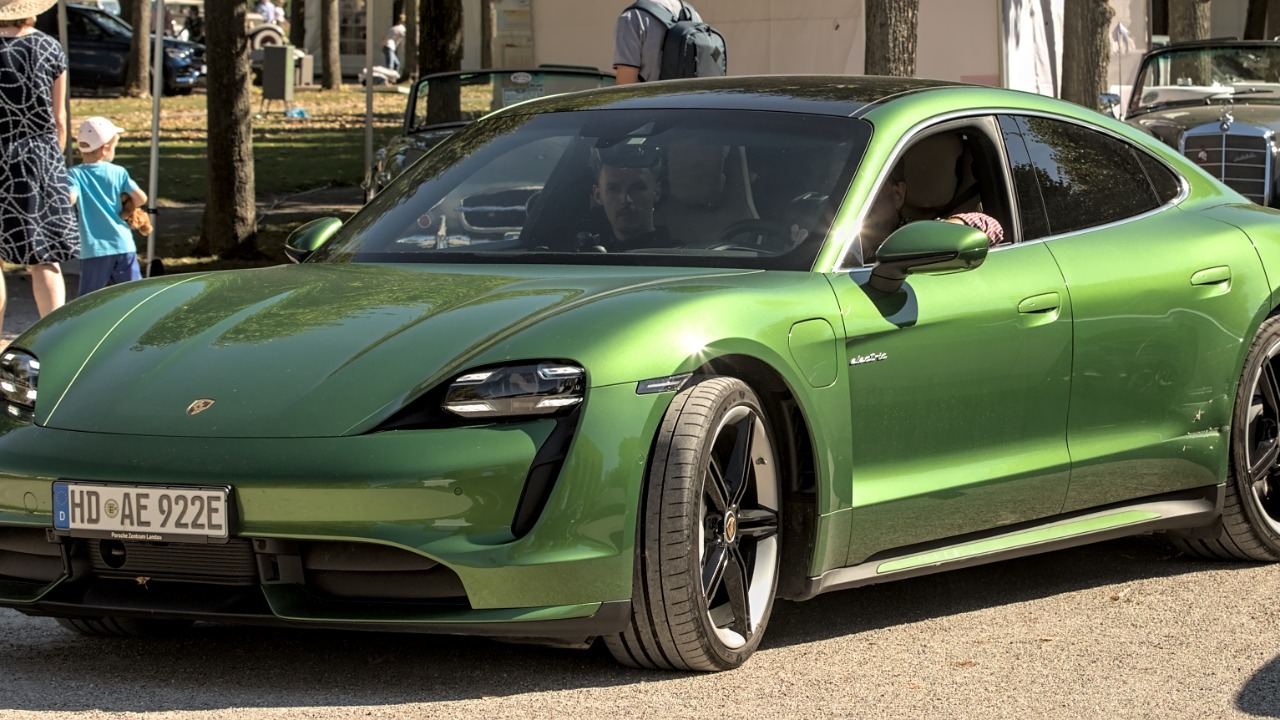
The Porsche Taycan is a prime example of an EV that surpasses Tesla in charging speed. Thanks to its 800-volt electrical architecture, the Taycan can achieve charging speeds that leave many competitors behind. This high-voltage system allows the Taycan to add significant range in just a few minutes, positioning it as a leader in rapid charging technology. A detailed look at its capabilities shows that the Taycan can recharge from 5% to 80% in less than 23 minutes under optimal conditions.
Lucid Motors has also made significant strides with the Lucid Air. Employing its proprietary technology, Lucid maximizes charging efficiency, enabling the Air to add up to 300 miles of range in approximately 20 minutes. This achievement is facilitated by advanced battery management systems and thermal management, which maintain optimal charging conditions. The Lucid Air’s impressive charging capabilities are a testament to the potential for innovation beyond traditional industry leaders.
Another contender in the fast-charging arena is the Hyundai Ioniq 5. The Ioniq 5 utilizes an 800-volt system similar to the Porsche Taycan, allowing for impressive charging speeds. This capability means the Ioniq 5 can charge from 10% to 80% in about 18 minutes when connected to a compatible DC fast charger. Hyundai’s commitment to advanced charging technologies underscores the industry’s shift towards more efficient and consumer-friendly solutions.
The Growing Competition in EV Charging Infrastructure
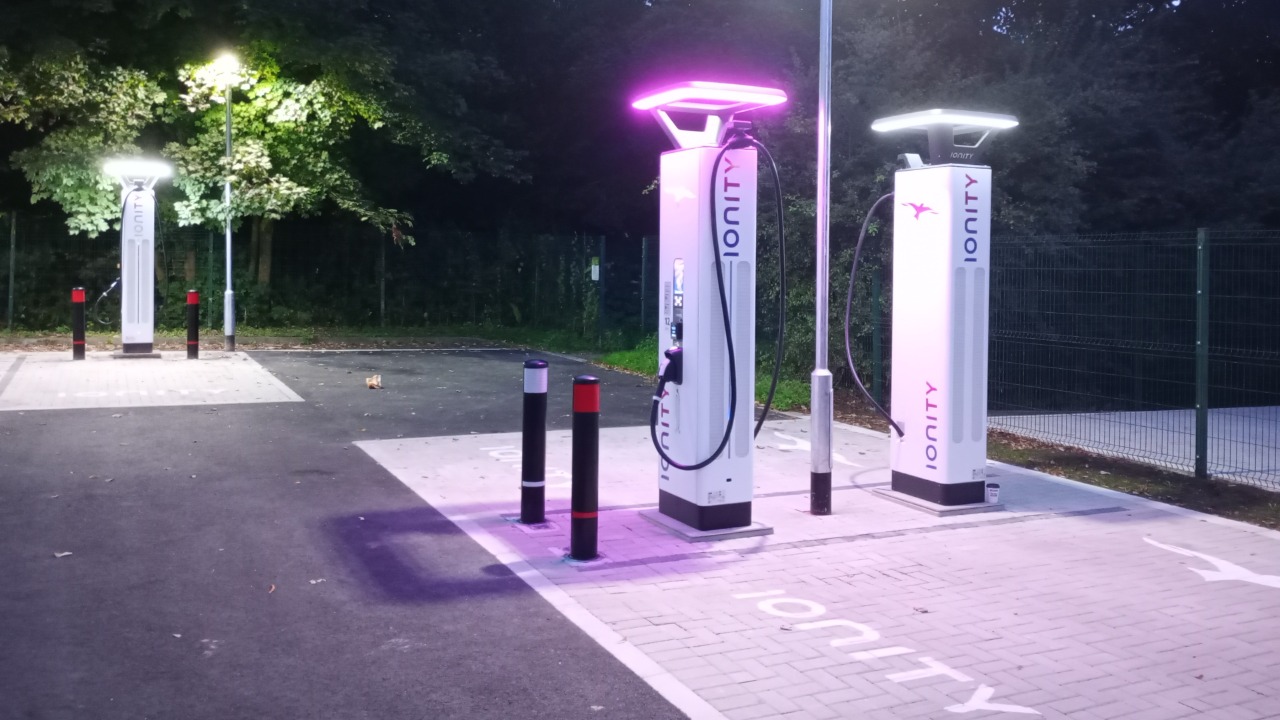
The expansion of non-Tesla charging stations is reshaping the charging landscape. Companies like Electrify America and ChargePoint are building extensive networks that cater to various EV brands. Moreover, Tesla’s decision to open its Supercharger network to other manufacturers marks a significant shift in the competitive dynamics of EV charging infrastructure. This move not only increases the accessibility of fast chargers for non-Tesla EVs but also encourages more widespread adoption of electric vehicles.
Government and private sector initiatives play a crucial role in enhancing charging infrastructure. Many countries are investing in nationwide charging networks, while private companies are innovating to provide faster and more reliable charging solutions. These efforts are supported by policies and incentives designed to promote sustainable transportation and reduce carbon emissions.
Looking ahead, the increased competition in EV charging infrastructure is likely to benefit consumers. As more companies enter the market, the variety and availability of charging options will grow, offering drivers greater convenience and choice. This competitive environment is expected to spur further advancements in charging technology, ultimately leading to faster and more efficient EV solutions.
Implications for the Electric Vehicle Market
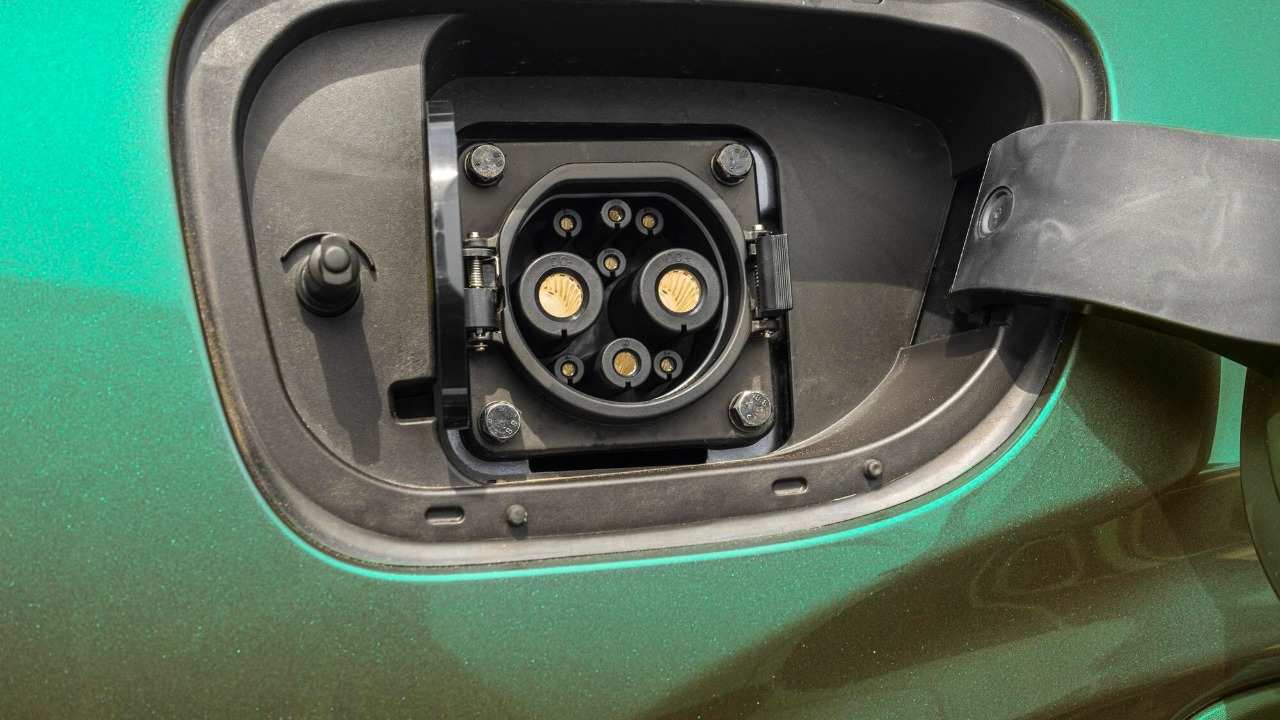
Faster charging times significantly influence consumer purchasing decisions. As EVs become more capable of rapid charging, the demand for efficient charging solutions grows. Consumers are increasingly prioritizing vehicles that offer quick and convenient charging, reshaping market dynamics and pushing manufacturers to innovate continually.
Advancements in charging speed are also impacting the competitive landscape within the EV market. As newer models offer superior charging capabilities, established brands must adapt to maintain their market share. This dynamic fosters a culture of innovation, driving continuous improvements in EV technology and infrastructure.
From an environmental perspective, faster charging EVs offer potential benefits, such as reduced reliance on fossil fuels and decreased emissions. As EV adoption increases, the transportation sector’s overall carbon footprint is likely to decrease, contributing to global efforts to combat climate change. The shift towards more efficient EVs aligns with broader sustainability goals, highlighting the importance of continued investment in charging technology.
The Road Ahead: Challenges and Opportunities
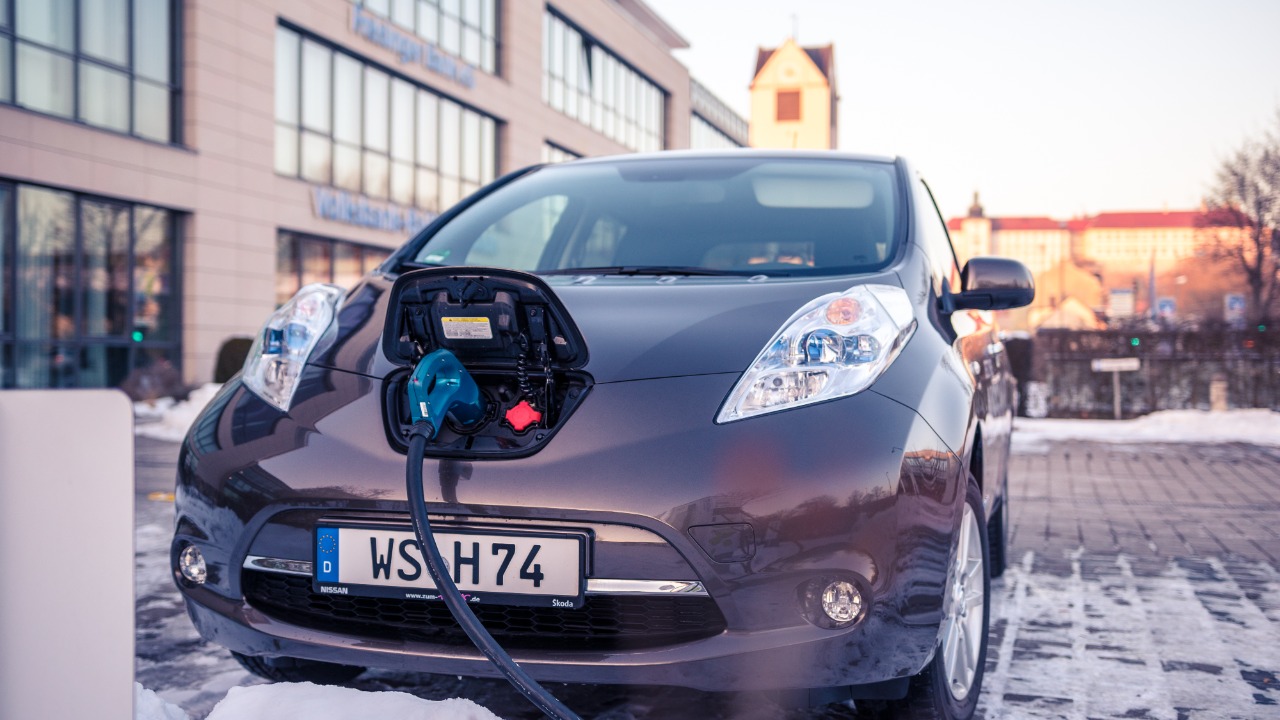
Despite the progress in charging technology, several technical challenges remain. Manufacturers must address issues such as battery degradation and thermal management to develop even faster charging solutions. These challenges require ongoing research and development to ensure that rapid charging does not compromise battery life or vehicle performance.
Opportunities for innovation abound in the EV charging sector. Areas such as wireless charging, energy storage, and grid integration offer potential for groundbreaking advancements. By exploring these avenues, manufacturers and researchers can unlock new possibilities for enhancing charging efficiency and convenience.
The future of EV adoption is closely tied to improvements in charging speed. As EVs become more accessible and practical for everyday use, their adoption is likely to accelerate globally. This trend underscores the importance of continued investment in charging infrastructure and technology, paving the way for a more sustainable and electrified future.